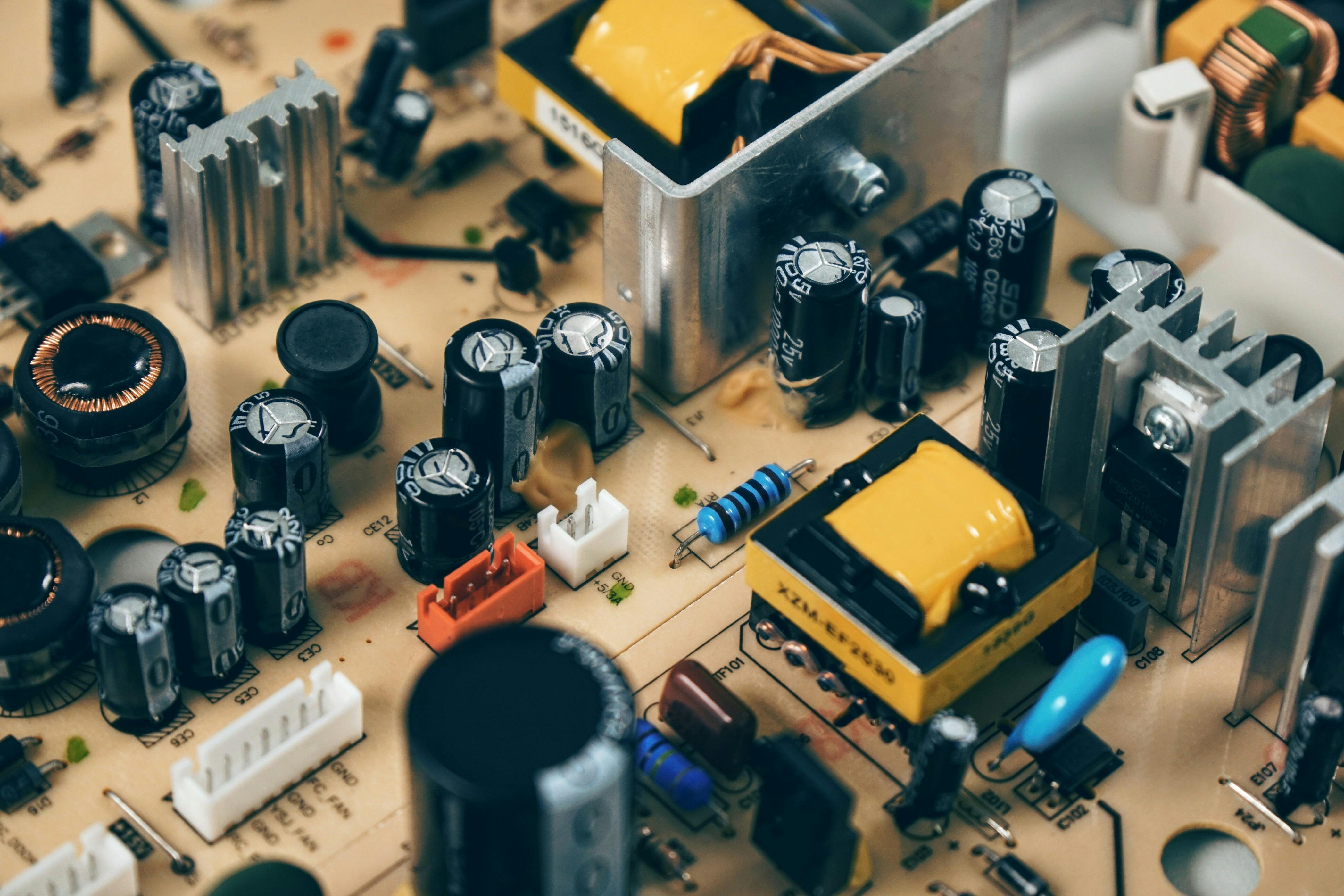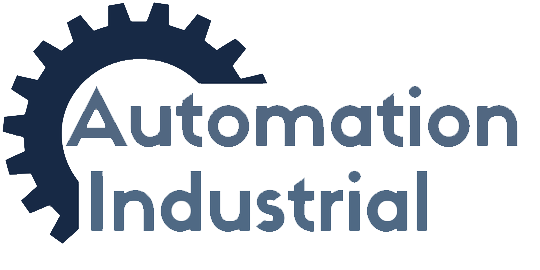Powering Innovation: The Critical Role of Power Supply Boards in Modern Electronics
Tags: Electronics, Power Supply, Educational
In the realm of modern electronics, the power supply board is a fundamental component, often overlooked but crucial for the functionality and reliability of electronic devices. Power supply boards are responsible for providing and regulating the electrical power to various components of an electronic system. TThis article explores the pivotal role of power supply boards in modern electronics, highlighting their functionality, importance, and the advancements that are shaping their evolution.
The Heart of Electronic Devices: Functionality of Power Supply Boards
Essential Role in Electronic Systems
-
Power supply boards serve as the backbone of electronic devices, responsible for converting electrical energy from a source (like an AC outlet) into a usable form for the device. hey function similarly to transformers, but transformers work by stepping up or down voltage, not converting power from AC to DC or vice versa like power supply boards. They ensure that the correct voltage and current are delivered to the various components of the device, preventing damage and ensuring efficient operation. These boards are designed to handle different power requirements and to provide stable and reliable power, which is essential for the proper functioning of sensitive electronic components.
Types and Designs of Power Supply Boards
-
There are various types of power supply boards, each catering to specific needs and applications. The most common types include linear power supplies, which are known for their simplicity and low noise output, and switching power supplies, which are more efficient and can handle higher power levels. The design of these boards is crucial, as it must account for factors such as power efficiency, heat dissipation, size constraints, and electromagnetic compatibility. Advanced designs often incorporate features like overvoltage protection, short circuit protection, and thermal shutdown to safeguard the device and its components.
Integration with Modern Technologies
-
Power supply boards have evolved to meet the demands of increasingly complex and power-intensive electronic systems. Modern boards are not only more efficient but also smaller and lighter, accommodating the trend towards miniaturization in electronics. They are being designed to work with a broader range of input voltages and to provide more precise power regulation, catering to the delicate needs of sophisticated electronic components. In addition, with the advent of smart technologies, some power supply boards now include features like remote monitoring and control, allowing for better management of power consumption and efficiency.

Advancements and Challenges in Power Supply Board Technology
Innovation in Power Supply Design
-
The field of power supply board design is witnessing continuous innovation, driven by the need for more efficient, compact, and reliable power solutions. Recent advancements include the development of digital power supplies, which use digital control techniques to provide more precise power management. These digital systems can adapt to changing conditions in real-time, optimizing performance and efficiency. There's also a growing focus on developing more environmentally friendly power supplies, with higher energy efficiency and reduced waste.
Challenges in Power Supply Board Development
-
Despite the advancements, the development of power supply boards faces several challenges. One of the primary concerns is heat management, as power conversion processes generate heat, which can affect the performance and lifespan of the device. Designing power supplies that can operate efficiently while managing heat in increasingly compact spaces is a significant challenge. Another challenge is ensuring compatibility and compliance with various international standards and regulations, which are critical for safety and performance.
Future Prospects: Smart and Sustainable Power Supplies
-
Looking towards the future, the trend in power supply design is moving towards smarter, more sustainable solutions. The integration of IoT technology in power supplies is expected to enhance their capabilities, enabling features like predictive maintenance, energy-saving modes, and better integration with smart grid systems. There's also an increasing emphasis on using renewable energy sources and developing power supplies that can efficiently work with these sources, contributing to the global efforts towards sustainability.
Conclusion
Power supply boards are a crucial yet often understated element in modern electronics, playing a vital role in the functionality and efficiency of electronic devices. Their importance is amplified by the growing complexity and power demands of contemporary electronic systems. As technology continues to advance, power supply boards will remain at the forefront of innovation, evolving to meet the ever-changing needs of the electronics industry. The future of power supply technology holds promising prospects for smarter, more efficient, and more sustainable power solutions, essential for driving the next generation of electronic innovation.
